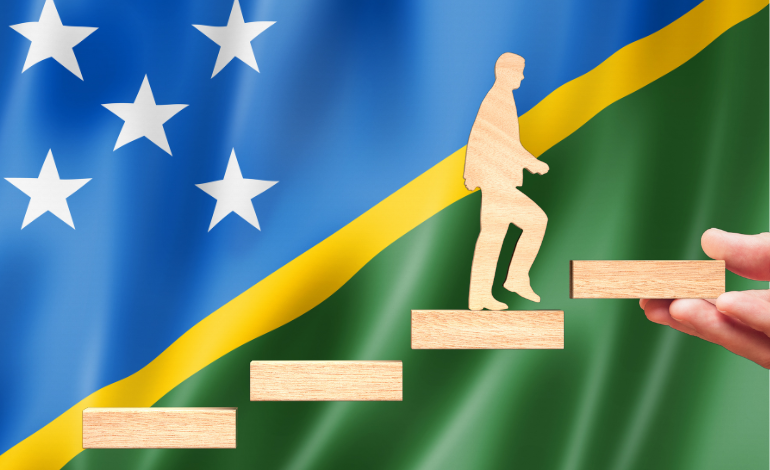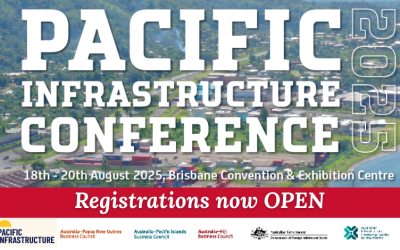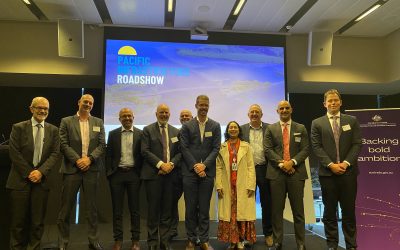The Solomon Islands private sector is preparing for a shift at several levels as the country advances toward graduation from its Least Developed Country (LDC) status –now scheduled for 2027, following a three-year extension granted by the United Nations. The extension, approved by the UN Committee for Development Policy, recognised the country’s need for more time to strengthen economic and institutional readiness for the transition.
In April 2025, the Solomon Islands government adopted the ‘Smooth Transition Strategy’ (STS), designed to guide the shift away from reliance on concessional finance and trade preferences while ensuring economic resilience and inclusive growth.
Graduation signals developmental progress, but it comes with the gradual loss of preferential trade arrangements and concessional loans from institutions such as the World Bank’s International Development Association (IDA) and the Asian Development Fund. The STS identifies strategies to mitigate these changes, including promoting public-private partnerships, diversifying financial instruments, and attracting blended investment into infrastructure and industry.
For the private sector, the focus will be on diversifying export markets and improving value addition in key sectors. While the EU-Pacific Economic Partnership Agreement provides continued duty-free access, Solomon Islands is exploring similar arrangements with partners like the UK and Japan. Businesses are being urged to improve product standards, meet international compliance requirements, and build competitiveness across agriculture, fisheries, forestry, and tourism.
The proposed Bina Harbour tuna processing facility is a flagship project aligned with the STS—expected to lift local value capture in the fisheries sector and stimulate employment and export revenue. Agriculture and light manufacturing are also seen as growth areas, particularly with investments in downstream processing of coconut, cocoa, and timber.
Efforts are also underway to improve the business climate, streamline regulatory processes, and expand digital infrastructure and services. These steps are expected to lower costs and enhance productivity, particularly for SMEs operating outside Honiara.
Tourism is being repositioned as a driver of post-LDC growth, with a focus on eco-tourism, cultural heritage, and sustainable development in the provinces.
With support from development partners including Australia, New Zealand, and the EU, Solomon Islands is using its extended timeline to ensure a stable, well-prepared graduation. The aim is to shift from aid-dependence to a more competitive, self-sustaining economy led by a confident and capable private sector.



